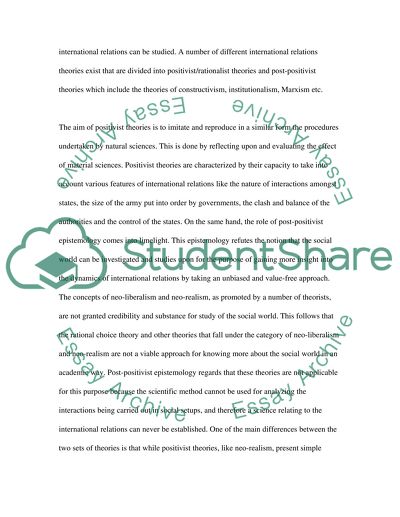Cite this document
(“Theories of Constructivism and Rational Choice Essay”, n.d.)
Retrieved de https://studentshare.org/social-science/1405773-constructivism-and-rational-choice
Retrieved de https://studentshare.org/social-science/1405773-constructivism-and-rational-choice
(Theories of Constructivism and Rational Choice Essay)
https://studentshare.org/social-science/1405773-constructivism-and-rational-choice.
https://studentshare.org/social-science/1405773-constructivism-and-rational-choice.
“Theories of Constructivism and Rational Choice Essay”, n.d. https://studentshare.org/social-science/1405773-constructivism-and-rational-choice.


